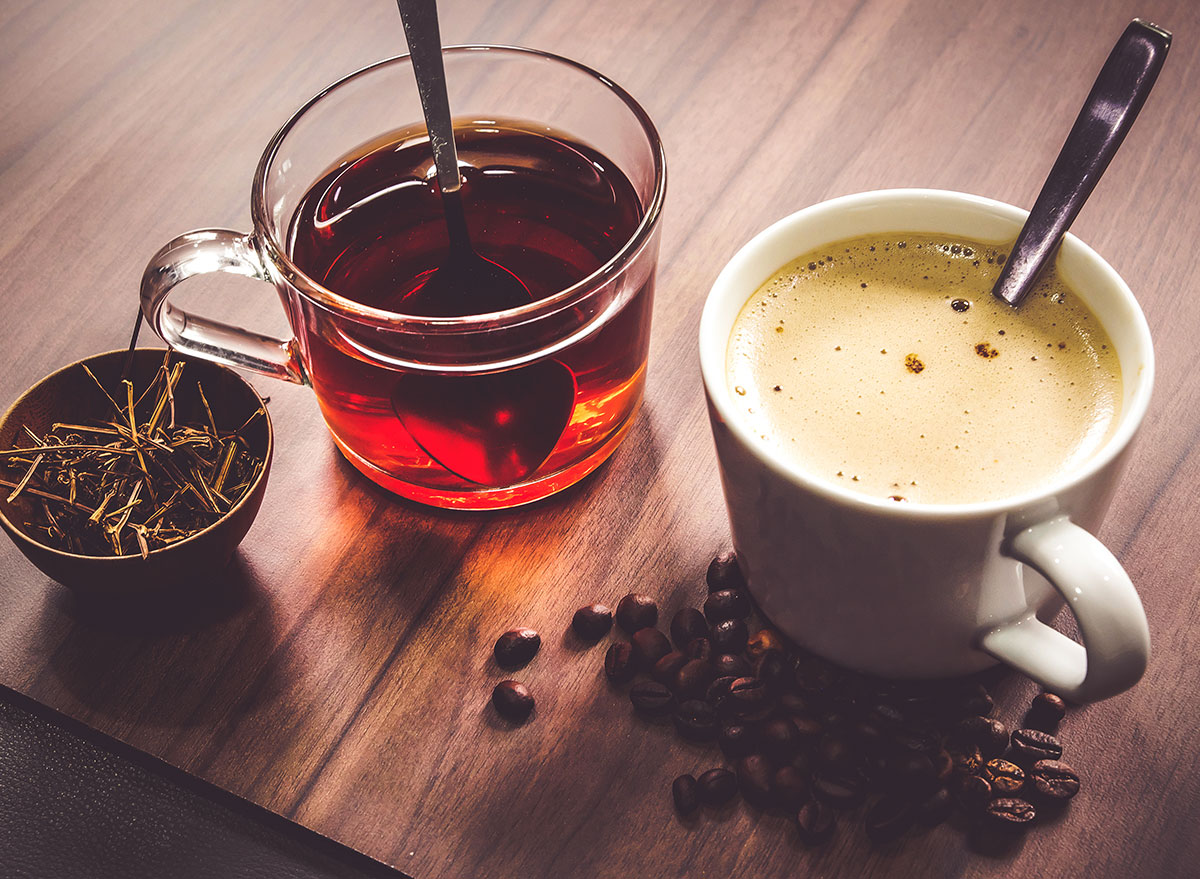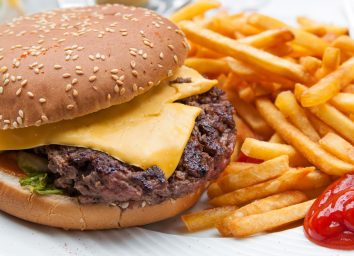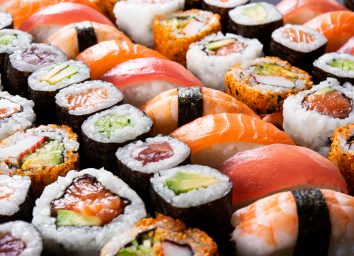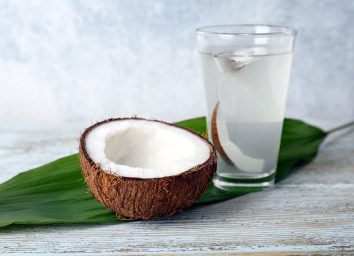Are Coffee and Tea Actually Dehydrating?

What’s the first thing you reach for when you’re feeling parched? Probably not a steaming hot cup of coffee, as it’s always been thought that tea and coffee dehydrate you, right? While good old H2O is undeniably the best choice for maintaining adequate hydration status, drinks like coffee and tea aren’t complete no-nos.
Read on to learn how caffeinated drinks like tea and coffee can actually help keep you hydrated, plus how much is too much to drink of them.
Does drinking coffee and tea dehydrate you?
Both coffee and tea (unless it’s decaffeinated or herbal tea) contain caffeine, a stimulant that can help increase mental alertness, decrease fatigue, and sometimes get the bowels moving, says Nathalie Rhone, RDN, a New York City-based nutritionist and founder of the private practice Nutrition by Nathalie.
“Caffeine increases blood flow to the kidneys and fluid output, or pee,” explains Rhone. “For this reason, it has been thought that caffeine can negatively impact hydration status.” However, research shows that moderate caffeine consumption (think: up to four cups per day) does not appear to raise the risk of dehydration.
“In order to experience a dehydrating effect, a person would need to drink far more cups of coffee or tea in one sitting than even the most caffeine-addicted individuals consume in a day,” says Rhone. This makes sense when you think about the fact that both coffee and tea are made from water.
So I can just drink coffee and tea instead of water?
Well, no, not exactly. While both coffee and tea can count toward your daily fluid intake, it’s still smart to drink at least 8 cups (or about 2 liters) of water every day, says Rhone. “Think of your morning coffee as an added bonus source of water,” Rhone advises.
Plain water is your best bet when it comes to keeping you properly hydrated (lemon water works, too); it helps maintain steady energy levels, flushes toxins from the system, and keeps digestion running smoothly. Plus, a high water intake isn’t likely to result in adverse side effects. Overdoing it on caffeine, on the other hand, may cause headaches, GI issues, increased blood pressure, nausea, insomnia, and even anxiety in some individuals.
Of course, how you prepare your coffee or tea matters, too. Additions like flavored coffee creamers or honey packets can turn the beverages into sweet treats. Keep your cup (and your blood sugar levels) in check by enjoying it straight-up or with minimal mix-ins. Try adding just a hint of whole milk or unsweetened plant-based milk. If you really need to add some sweetness, opt for a dash of honey or a natural sweetener such as Stevia or monk fruit. Just beware: studies show that the more sweets we eat, the more sweets we crave.
Are there any other surprising sources of hydration?
It really does matter what you eat, not just what you drink. “The majority of fluid intake—especially when eating a diet high in fruits and vegetables—actually comes from what you eat,” notes Rhone. “Drinking a big green juice every morning and including a variety of fruits and raw vegetables in your diet will help keep you hydrated all day long.”
Cucumber, lettuce, and celery are some of the most water-rich veggies, while watermelon, strawberries, and melon are great options for hydrating fruits. “Swap buns and bread for lettuce wraps when eating hot dogs, hamburgers, or sandwiches to up your water intake through food,” suggests Rhone. Another idea: use crudites like celery and cucumbers for dipping instead of salty tortilla or pita chips when eating guacamole or hummus.
How much is too much caffeine?
Everyone reacts differently to caffeine, so there’s no one-size-fits-all recommendation for coffee or tea intake. Instead, pay attention to how your body responds to different sources of caffeine. “For some, that one cup of coffee in the morning is perfect, while others find they fare better with some kind of green tea,” says Rhone. “Still others feel they need a pick-me-up around lunchtime or in the afternoon. However, consuming caffeine this late in the day can impact your ability to fall asleep and may disrupt sleep quality.”
In general, experts recommend sticking to one to two cups a day, ideally before noon. In the afternoon, opt for an herbal tea to enjoy the ritual without consuming excess caffeine.
Finally, if counting your cups sounds too challenging, simply take a peek at your urine to ensure you’re adequately hydrated. If the urine appears pale yellow, keep up the good work. Darker hues may signal dehydration.








